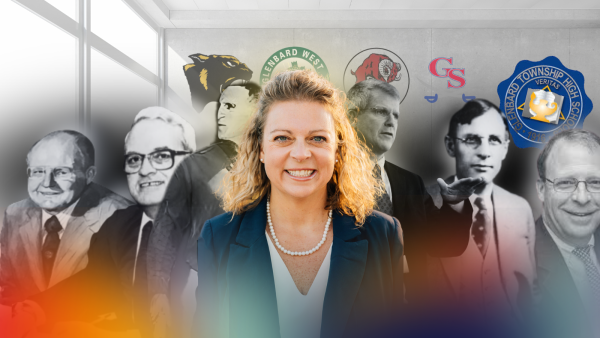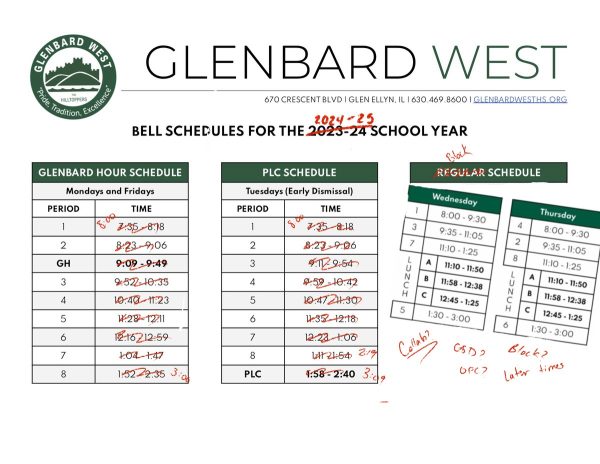The Importance of Voting
The United States of America is largely characterized by its government and the opportunities that it awards its citizens. Although it’s far from perfect, it’s capable and can be efficient at considering the people’s needs and wants when decisions are being made.
As Americans, we are subject to both the federal and the state bodies of government, both of which largely consist of elected officials. Some might say that this fact is our country’s pride and joy; the men and women who make our decisions have that responsibility because for the most part, we gave it to them.
The act of voting is a practice that many Americans take very seriously, but it’s also something that many choose not to participate in. They may have their own personal reasons, or they may simply not have the time. But the fact is, non-voters have recently made up about sixty percent of the United States’ population. And that can make us wonder whether or not the collection of people running our government is actually representative of its people.
With the presidential primary elections for 2016 right around the corner, this issue has come to light more than it has in the past. How important is it that we vote as often as we can?
Mrs. McNally, a U.S. government and politics teacher at Glenbard West, comments, “It’s important for people to vote both in the federal elections and the local elections, because they’re impacted by policies on both levels.”
This seems to be a running theme throughout the topic of elections in our country. Our local government mostly consists of elected officials, meaning that it’s highly possible that these men and women will be making decisions in line with what the majority of the community wanted in the first place. It may not seem apparent, but many of the state and district policies–whether they’re small (local road conditions) or large (school budget allocation)–can be largely influenced by community voters.
Young voters, including some students of Glenbard West, make up a significant part of this community. It can be difficult to carry out the voter’s duties, however, as a young person. The media, peers, and even family are large influences on opinion and political beliefs.
In regards to these younger voters Mrs. McNally says, “They have to think about where they are getting their information from, you know, it’s useful to get information from the internet, but you always want to think about what your source is to make sure that you are getting information from credible sources, or thinking about the bias in the source that you’re getting your information from.”
It’s crucial that any voter, regardless of age, is aware of the ramifications of their vote. A fully informed opinion is what will secure the voter’s representation. False information is everywhere, but that doesn’t mean that it can’t be avoided. The first step towards voting is to register, which can actually be done through some of our teachers at Glenbard West.
It may be for a local committee member, or for a presidential candidate, but one person’s vote can make a difference. Our lives as citizens of the United States are affected by our government and the people running it, and the best way to take part in that relationship is to have a say in it.




